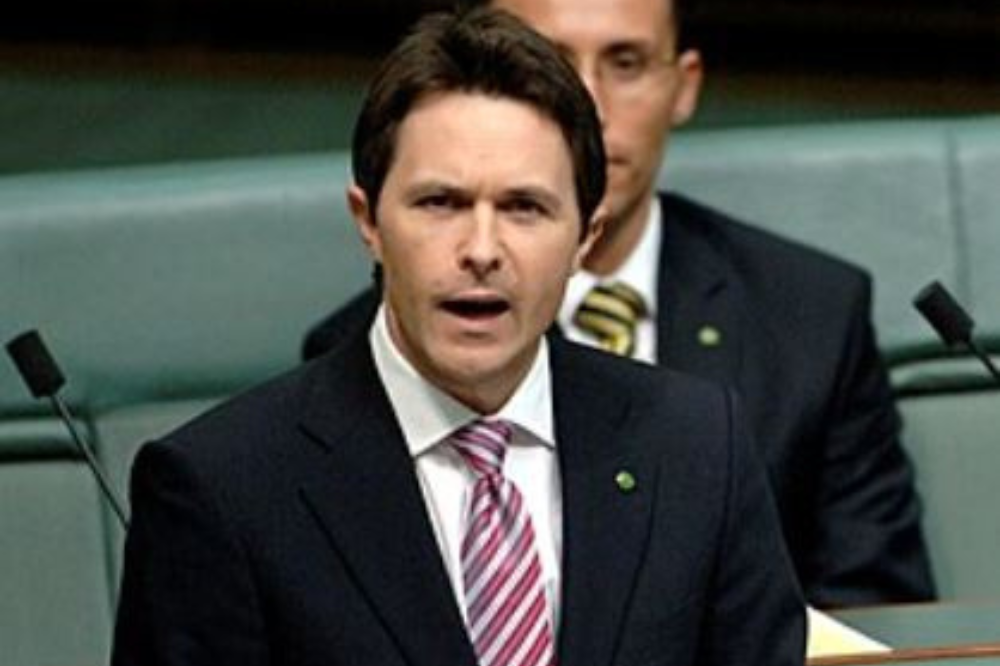
Federal, state and territory education ministers have approved The National Teacher Workforce Action Plan, paving the way for significant improvements to teacher supply, initial teacher education and respect for the profession.
Announcing the agreement on Friday, Education Minister Jason Claire said the $328m plan will include $159m for 4,000 additional university places for teachers, $56m for bursaries, $68m to triple the number of mid-career professionals shifting into teaching, and a $30m Teacher Workload Reduction Fund.
Importantly, the plan also includes a commitment to independently evaluate State and Territory Government initiatives to reduce teacher workload.
“The plan recognises the importance of fair pay and conditions as being key parts of attracting more people to teaching and to keeping the teachers we have in the classroom,” Minister Clare said.
“It’s also about respect. In the classroom and in the community. We need to stop bagging teachers and start giving them a wrap. This is not a quick fix. This is a problem 10 years in the making and it will take time to fix.”
Minister Clare said he and his state and territory counterparts would periodically review the plan’s implementation to build and expand on what has been agreed upon.
‘The situation is now at a critical stage’
The Australian Secondary Principals’ Association (ASPA) said it welcomed the commitment of the Federal Government to the National Teacher shortage and National School Reform Agreement.
“In particular, ASPA is very supportive of the clear intention of the Federal Government to genuinely consult with the profession around these two key areas,” ASPA president, Andrew Pierpoint told The Educator.
“There has been a looming teacher shortage in Australia for some time – sadly the situation is now at a critical stage. ASPA acknowledges that there is no quick fix to this situation – the five areas above will address the shortage over the long term.”
Pierpoint said the additional funding to support this initiate is very welcome.
“The inequity in Australian education is profound students from poor families, from regional Australia and Indigenous students are less likely to go to preschool, less likely to finish high school and less likely to go to university than other Australians,” he said.
“Many of these issues can be addressed through sustained amendments to the NSRA. The social justice and equity issues in our society begin with addressing the NSRA – our students, the future of Australia, demand nothing less.”
‘An exciting time for new graduates’
The National Catholic Education Commission – which has engaged extensively with state and territory Catholic education authorities and school systems on the development of the plan to attract, train and retain teachers – also welcomed the announcement.
“The strong national engagement has led to a focused plan to address the immediate and future challenges of the teaching workforce,” National Catholic education acting executive director Sally Egan said.
“It is critical that we grow and strengthen the capability and capacity of our teaching profession through professional learning and mentoring opportunities to improve learning outcomes for all students in all schools.”
Egan said the NCEC supports the further commitments to the draft plan including identifying ways to better support early career teachers, and encouraging experienced teachers not currently working, to act as mentors for early career teachers.
“This is an exciting time for new graduates to join the teacher workforce ahead of these upcoming initiatives which will strengthen quality initial teacher education experiences and create greater pathways for teachers to determine their professional journey,” she said.
“We look forward to ongoing cooperation and participation in the teacher workforce action plan pilots in due course.”
'Schools deserve collaborative national effort'
The Association of Heads of Independent Schools of Australia (AHISA) says agreement shows Australian governments "recognise that collaborative effort supports the education of all young Australians."
"NAPLAN results and Australia’s results in international testing programs consistently point to what has been called Australia’s 'long tail of underachievement',"AHISA’s CEO Beth Blackwood said.
"The news that Education Ministers have agreed to focus on improving academic and wellbeing outcomes for students in regional and remote areas, First Nations students, students with disability and students from low socio-economic backgrounds sets high hopes – and high expectations – for the entire school education sector in 2023 and beyond."
Blackwood said that time would tell if the 12-month delay in a new National School Reform Agreement would deliver a commitment by state and territory governments to meet their full school funding obligations.
"Federal Minister for Education, the Hon Jason Clare, seems to be setting the stage for a 'no excuses' approach to negotiations with his state and territory counterparts," Blackwood said.
"From his first day in the education portfolio, the Minister has made it clear that he wants equity gaps in educational outcomes well and truly closed."


